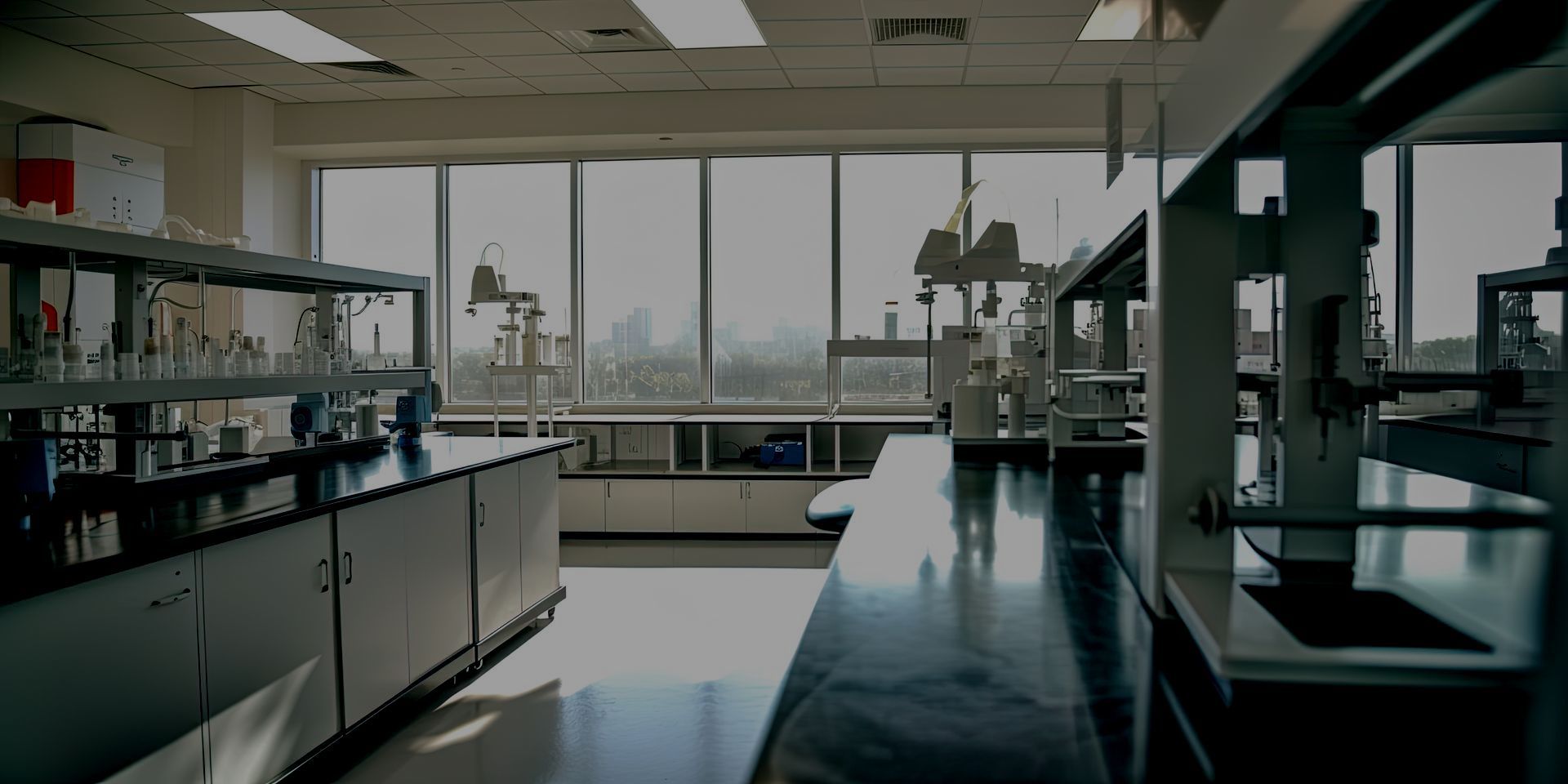Laboratory Asset Procurement Consulting: Controlling Costs and Mitigating Risks
Instrument procurement is an essential process across every scope of a laboratory. It requires a strategic approach with two ultimate goals; lower costs and acquiring high-quality assets. This makes distinguishing between cost, quality, and risk a challenge. As competition increases and efficiencies become a stronger priority, controlling costs and mitigating the risk of underspending on inadequate resources has become a significant obstacle. So how can leveraging the experience and expertise of a laboratory instrument procurement specialist help?
Establishing Laboratory Asset Quality Requirements
If lower purchase price is the primary motivation, it can end up hitting your bottom line harder with additional maintenance, repair, replacements, and operational costs. Ensuring uptime, the ability to receive preventative maintenance and qualification, and providing accurate, high-performing results should be the top priorities. Of course, controlling costs is an essential factor, but it cannot come at the expense of the reliability, consistency, and performance of your assets.
Due Diligence in Discovering Costs
There are several levels of due diligence that should be met when evaluating and procuring your equipment. The first level should address the basics of the equipment, including price, of any service contract, and the manufacturer’s warranty. Next, identify the type of maintenance that is required, and the costs and challenges associated with that. Lastly, discover where this equipment can be bought and determine the financial viability of making this purchase.
Maintaining Low Costs, High Quality, and Minimal Risk
Performance must continue to be monitored even after your equipment has been procured. The priority of minimizing costs and risks remain in place. Begin by meeting with your procurement partner to discuss the maintenance program that is best for your equipment. Review your current supplier delivery metrics like on-time and quality of delivery services. Ensure that your supplier’s quality management systems are compliant. Be sure that your supplier process recertification is compliant. These audits should also address any potential or new risks.
By working with your procurement partner and creating visibility, you will be able to create an environment where both of your top priorities, addressing cost and risk, can be achieved. The laboratory equipment experts at Overbrook have the experience and resources to ensure that your laboratory mitigates risks and lowers costs while maintaining the quality and performance that you need.




